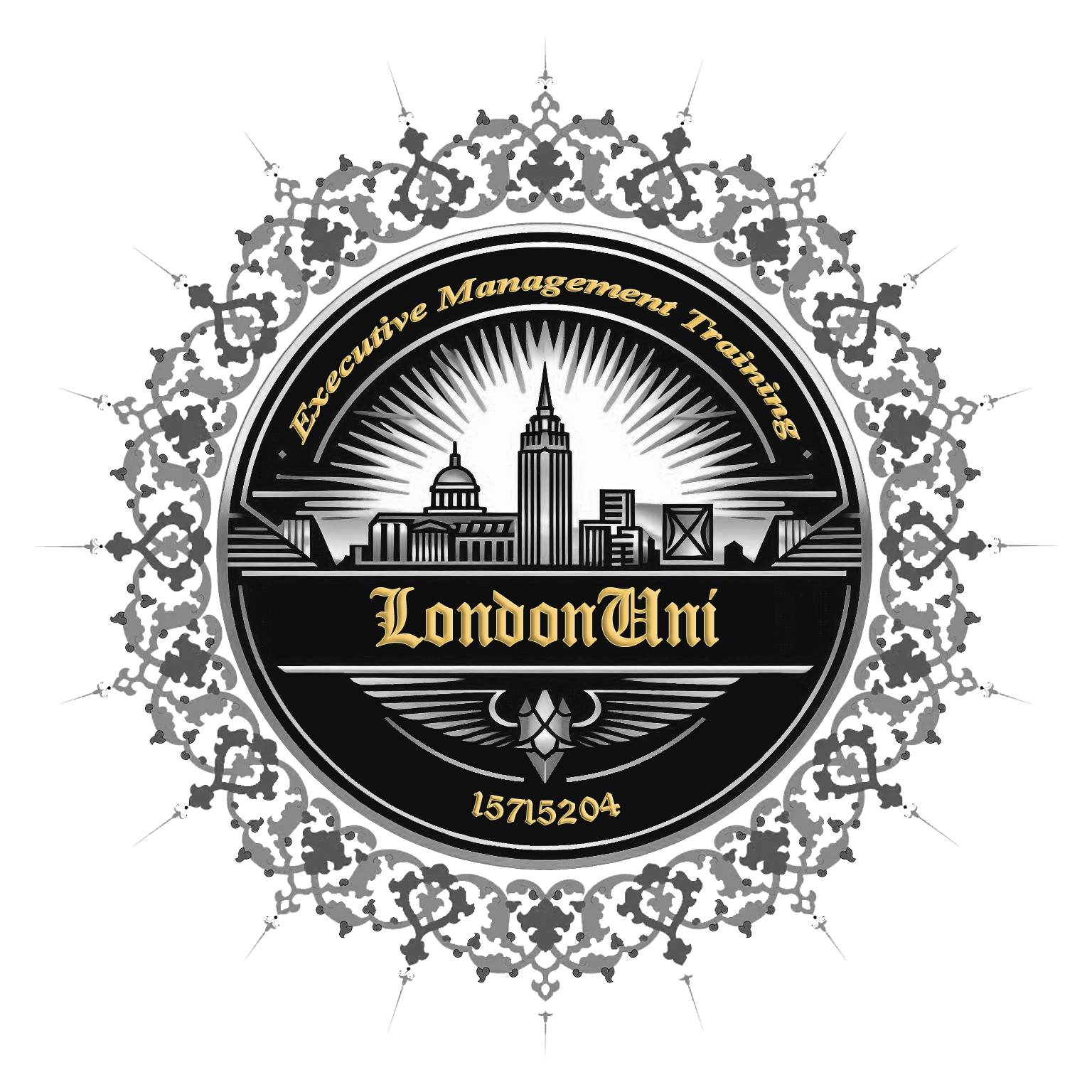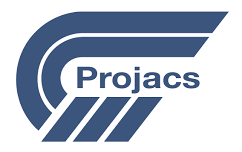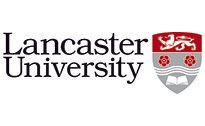
Project Budgeting & Cost Estimating- Certified Program
Course ID: 2509080101276EGI
Course Dates : 08/09/25 Course Duration : 5 Studying Day/s Course Location: London, UK
Language: Bilingual
Course Category: Professional and CPD Training Programs
Course Subcategories: Finance and Accounting Mastery
Course Certified By: * Projacs Academy
* Professional Training and CPD Programs
Certification Will Be Issued From :
KSA
Course Fees: £4,838.34
Vat Not Included in the price. VAT may vary depending on the country where the course or workshop is held.
Click to Pay
Date has passed please contact us Sales@e-s-hub.com
Course Information
Introduction
Project budgeting and cost estimating are critical components of successful project management, essential for ensuring that projects are completed within financial constraints while delivering value to stakeholders. In an era where organizations are increasingly scrutinizing expenditures and striving for efficiency, the ability to accurately forecast and manage costs has become a competitive advantage. This course addresses the intricate interplay between financial planning, resource allocation, and risk management, offering participants a comprehensive toolkit to navigate these challenges effectively.
One of the primary challenges in project budgeting lies in the unpredictability of variables such as market fluctuations, scope changes, and unforeseen risks. For instance, the 2021 collapse of the Ever Given container ship in the Suez Canal not only disrupted global supply chains but also highlighted how unexpected events can lead to significant cost overruns. Traditional methods often fail to account for such complexities, underscoring the need for advanced techniques like parametric estimating, earned value management (EVM), and probabilistic forecasting. By equipping participants with these methodologies, this program bridges a critical gap in both theory and practice.
The benefits of mastering project budgeting and cost estimating extend beyond individual career advancement. Organizations that invest in robust financial planning tools experience improved profitability, reduced waste, and enhanced stakeholder trust. According to a 2022 report by the Project Management Institute (PMI), projects with effective cost management practices are 28% more likely to meet their objectives. Moreover, professionals who demonstrate proficiency in these areas are better positioned for leadership roles, as they contribute directly to strategic decision-making processes.
To ensure relevance and depth, this course draws upon established frameworks such as the PMBOK® Guide, Lean Six Sigma principles, and Agile methodologies. These frameworks provide a structured approach to budgeting, enabling participants to adapt their strategies based on project type, industry, or organizational culture. For example, Agile budgeting emphasizes iterative funding cycles, which is particularly beneficial in software development projects where requirements evolve frequently.
Real-world applications abound across industries. Consider Tesla’s Gigafactory initiative, where meticulous cost estimation allowed the company to scale production without compromising quality or timelines. Similarly, healthcare organizations leverage activity-based costing to allocate resources efficiently during large-scale infrastructure upgrades. By examining such case studies, participants will gain insights into how theoretical concepts translate into practical solutions.
Ultimately, this program aims to empower professionals with the confidence and competence to tackle complex budgeting scenarios. Whether you’re overseeing construction projects, IT implementations, or marketing campaigns, the skills acquired here will enable you to deliver results within budgetary limits, fostering innovation and sustainability. Through interactive sessions, hands-on exercises, and expert guidance, participants will emerge ready to make meaningful contributions to their organizations.
Objectives
By attending this course, participants will be able to:
Analyze project requirements to develop accurate cost estimates using quantitative and qualitative techniques.
Evaluate potential risks and uncertainties to create contingency plans that mitigate financial impacts.
Design realistic budgets aligned with organizational goals and stakeholder expectations.
Implement Earned Value Management (EVM) systems to monitor and control project performance effectively.
Apply industry-standard software tools to streamline budgeting and reporting processes.
Assess compliance with regulatory standards and ethical considerations in financial planning.
Synthesize lessons learned from real-world case studies to refine future budgeting strategies.
Who Should Attend?
This course is ideal for:
Project managers seeking to enhance their financial acumen and deliver projects within budget.
Finance professionals tasked with supporting project teams through cost analysis and oversight.
Engineers and architects involved in capital-intensive projects requiring precise cost estimations.
Consultants advising clients on project feasibility and resource optimization.
Entrepreneurs managing small-to-medium enterprises and aiming to improve financial discipline.
These groups will find the course valuable due to its focus on practical skills and actionable insights applicable across diverse sectors. While prior exposure to project management fundamentals is beneficial, the curriculum caters to intermediate learners looking to deepen their expertise. Advanced practitioners may also benefit from exploring cutting-edge tools and methodologies presented in the program.
Training Method
• Pre-assessment
• Live group instruction
• Use of real-world examples, case studies and exercises
• Interactive participation and discussion
• Power point presentation, LCD and flip chart
• Group activities and tests
• Each participant receives a 7” Tablet containing a copy of the presentation, slides and handouts
• Post-assessment
Program Support
This program is supported by:
* Interactive discussions
* Role-play
* Case studies and highlight the techniques available to the participants.
Daily Agenda
The course agenda will be as follows:
• Technical Session 08.30-10.00 am
• Coffee Break 10.00-10.15 am
• Technical Session 10.15-12.15 noon
• Coffee Break 12.15-12.45 pm
• Technical Session 12.45-02.30 pm
• Course Ends 02.30 pm
Course Outlines
Foundations of Project Budgeting
Introduction to project budgeting principles and terminology.
Overview of key budgeting frameworks (PMBOK®, Agile, Lean).
Understanding cost drivers and their impact on project outcomes.
Identifying common pitfalls in budget preparation.
Day 2:
Cost Estimation Techniques
Parametric vs. analogous estimating methods.
Bottom-up estimating and its role in detailed planning.
Leveraging historical data for accurate forecasts.
Case study: Lessons from NASA’s Mars Rover missions.
Day 3:
Risk Management and Contingency Planning
Identifying and quantifying project risks.
Developing risk mitigation strategies.
Allocating contingency reserves effectively.
Workshop: Simulating risk scenarios using Monte Carlo analysis.
Day 4:
Monitoring and Control Mechanisms
Introduction to Earned Value Management (EVM).
Tracking actual vs. planned expenditures.
Tools and software for real-time budget monitoring.
Best practices for variance analysis and corrective actions.
Day 5:
Compliance, Ethics, and Future Trends
Ensuring adherence to legal and regulatory standards.
Ethical considerations in financial reporting.
Emerging trends: AI and machine learning in cost estimation.
Final capstone exercise: Creating a comprehensive project budget.



















































